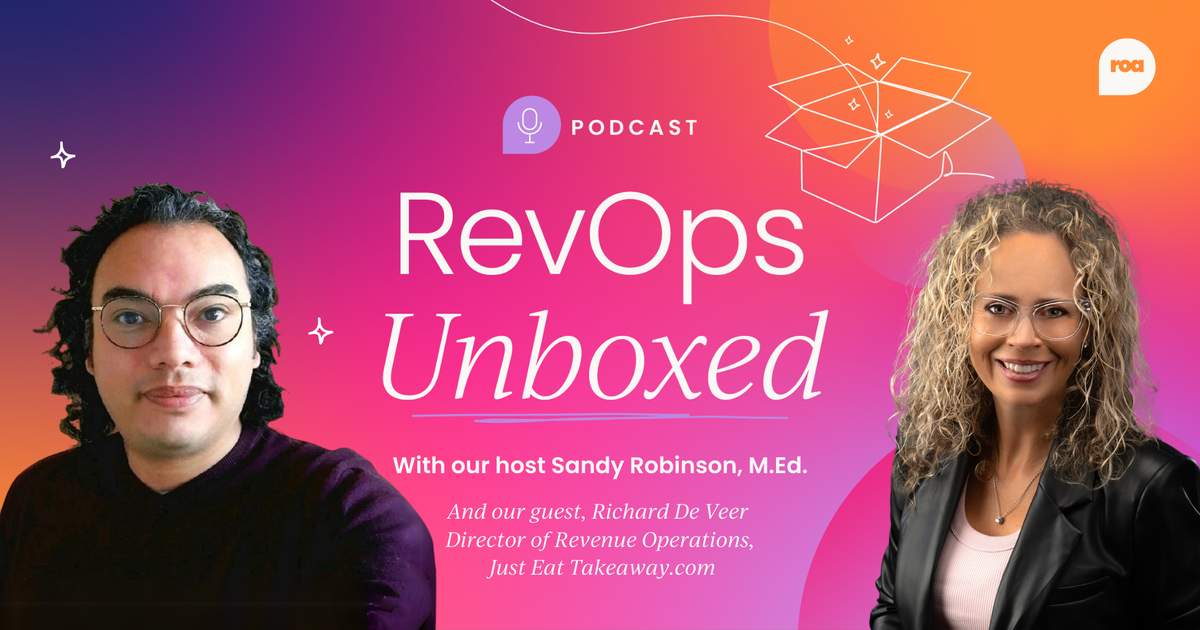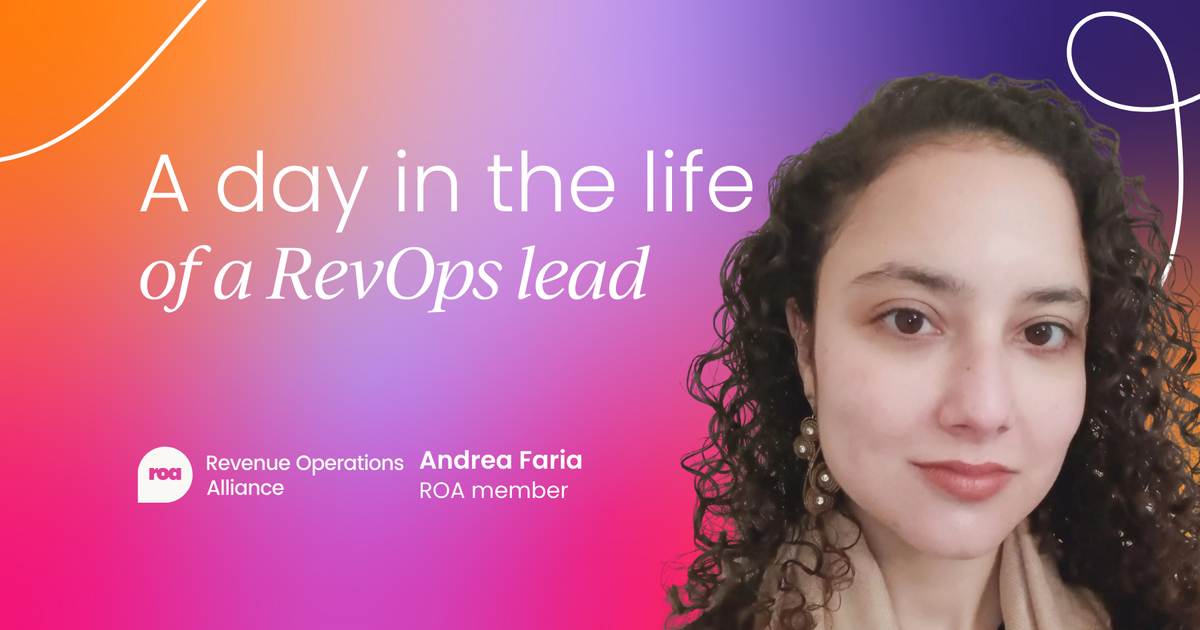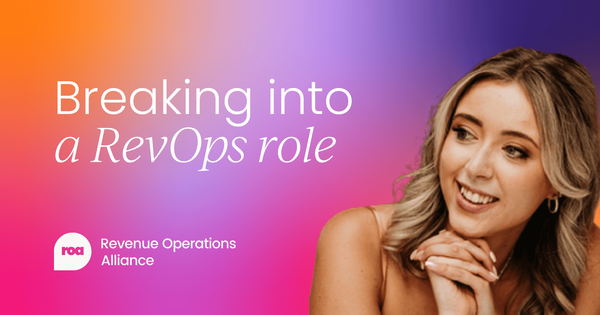About me
"Sometimes the usual path isn't the best one – it's the detours that end up being the real adventure."
I don’t know about you, but it’s taken me a while to know what I want to be when I’m older (and if we’re being honest, I’m still not entirely sure).
Of course, I had some wild ideas when I was younger – including being a back up dancer for Beyonce – but I really thought I knew when I was picking my A Level subjects and decided psychology was going to be one of them.
I really enjoyed studying psychology, and have even completed some self-paced courses on it since, but after attending a few uni open days and realising I’d need at least seven years at university to become a Clinical Psychologist, I decided that maybe it wasn't for me.
So a few weeks into Year 13, at 17 years old, I made the decision to drop out of school and take some time out to really consider what I wanted to do with my life. I worked a weekend job for a while before starting an apprenticeship.
I’ve always been very process-driven and organized (I love putting together IKEA furniture) so Business Administration seemed not only broad enough, but also something I could get along with. Here I learnt the basics of Excel and all forms of communication.

After a year or so I moved into a Claims Handler role. This was very admin- and customer service-heavy, which as a nosey and process-driven person of course worked well for me.
After about 4 months in the role I’d proven myself enough to also be given the responsibility of onboarding, training and supporting all the new starters, and was involved in consultative groups for new internal processes and systems.
This role helped me build on my process creation and documentation skills, as well as presenting these in a way the rest of my colleagues could easily digest and understand.
I really enjoyed these parts of the job, and started to realise I wanted to explore this a bit more.

Early career
I joined Xero in November 2019 as Partner Services Coordinator, supporting the sales, consulting and education teams with administration, data uploads and simple reporting.
In my 1-2-1s, my manager and I noticed that I had a real competency for, and interest in, data and reporting and so she began to task me with more of these requests.
With our dedicated personal development time I started taking data, Excel/GSheet, and Salesforce courses, as well as shadowing the Sales Operations team.
Throughout my life I’ve realised it’s not always what you know but who you know, so I got myself in front of key sales, operations, and data leaders, both in the UK and globally.
This involved presenting new reports and dashboards I’d built in my own time, applying for any roles in the operations space, or just having professional development and mentoring conversations.
In short, I was a nuisance, but by this point most people in the teams I was interested in knew my name and that I wanted a role – and in August 2022, I officially became a Sales Operations Analyst.

Becoming an analyst
The start of my sales operations career was a tough one, the team had recently gone through a restructure which meant me and the other new analyst had no manager for our first two months in the role.
With neither of us having any official sales operations experience, we were really thrown in the deep end.
I learn best by just giving things a go, learning from not only my mistakes and successes but others' too.
One month into the role I was accepted onto a 15 month data analytics apprenticeship with Multiverse.
This was an amazing opportunity at the time, but when a month later the other analyst handed in their notice, both myself and the new manager could’ve really done with me having a bit more time during my working day to focus on work.
With two of us looking after three regions (UK, ZA & EMEA), we really had to trust and rely on one another, as well as learn from each other on the go.
This gave me early and in-depth exposure to things like:
- Territory planning
- Quota setting
- Strategic thinking
- Stakeholder management
- Presenting to senior leadership

I’m always striving to continuously improve and learn the next thing, so possibly controversially I started applying and interviewing for RevOps roles externally (sorry manager if you’re just finding this out).
I had no intention of leaving Xero, but I found the feedback invaluable and used it as a way to benchmark myself in the industry.
When I learned of gaps in my skillset, I started finding ways to incorporate these into my role, and it was nice to get the occasional confidence boost here and there.

Where am I now?
In August 2024, two years into my sales operations career, I was given the opportunity, and responsibility, of looking after sales operations for the ZA & EMEA regions.
This means I am solely accountable for things like day-to-day operations, forecasting, territory segmentation, capacity planning, commissions, and quota setting – all, of course, with the support from my manager and leaning on other teammates when needed.
Not only has this really honed my technical skills, but it’s also helping me build on stakeholder management, influencing, strategic planning, and more – the list goes on.
Now although I’m sure you’re thinking it, I’m not perfect! Of course I’ve made mistakes, become overwhelmed, or sometimes just not had a clue what to do, but over the years one of the biggest things I’ve learned is to own it.
If you take ownership of your mistakes or gaps, rectify as soon as you can, and never make the same mistake twice, people will always give you grace, and a lot of the time actually trust and respect you more.
When I was brainstorming for this article I wanted to finish on what my next steps are in my career, but to be honest I don’t know what they are.
I’m still young and early in my career, I know where my skills lay, what I need to improve on and what I’m confident in, so I’m going to continue to follow that and see where I end up!

So what’s my advice?
Technical skills can easily be taught and learned, so don’t worry if you can’t yet write a perfectly pretty Index/Match formula (I still cannot do these) or know the difference between Left and Right joins in a SQL query.
If you’ve got the right mindset, drive and determination to learn you’ll be an asset in any RevOps team.
Speaking of technical skills, take advantage of any training courses you can. Salesforce Trailhead is good for the reporting basics, and there’s plenty of free Excel/GSheet courses online.
Showing you’re self-aware, proactive and eager to learn will go a long way.
If, like me, you learn best by watching someone else or just giving things a go, your best opportunity will be shadowing. Find the SMEs in your business for the areas you want to learn, and set up regular shadowing sessions.
You can then practice these skills by building a personal budget tracker in Excel, or build a dashboard for your current team to use, then present the value of these back to your stakeholders and mentors.
My biggest piece of advice to anyone is to take interviews.
Whether that’s mock interviews with your manager or colleagues, internal interviews for other roles, or external interviews, not only do you get exposure to RevOps in different industries, but you also get impartial feedback on your skills, and who knows? You might end up being offered your dream RevOps role!
About Brianna
I'm Brianna Price, a Sales Operations Analyst at Xero, leading the EMEA regions. Now 2.5 years into my Revenue Operations career, I focus on supporting strategic initiatives, optimising sales processes, and analysing data that drive growth across South Africa, Europe, the Middle East, and Africa.


 7 min read
7 min read
 Follow us on LinkedIn
Follow us on LinkedIn








